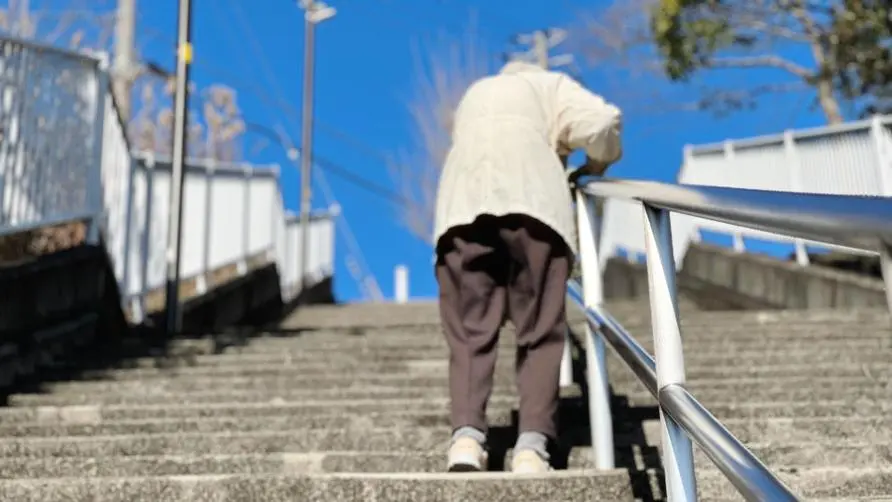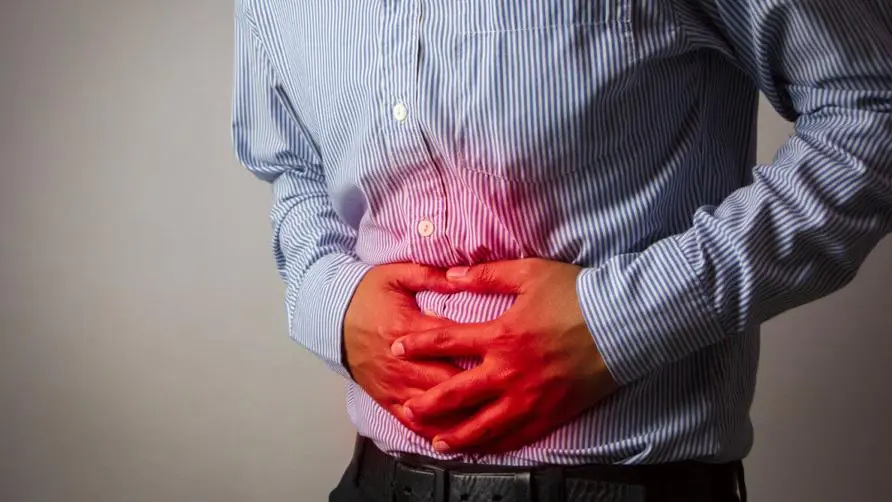Is "tightness, pain, and breathlessness" in the chest a sign of angina? Doctors urge you not to exercise strenuously: you may lose your life

Are the 3 symptoms a sign of “angina pectoris”? If you feel chest tightness or pain when exercising, seek medical attention immediately.
Once you feel chest tightness, chest pain, or even pressure in your shoulders, neck, etc., should you suspect angina? Lin Bolin, a senior attending physician in the Department of Cardiology at MacKay Memorial Hospital in Hsinchu, said that angina pectoris is a “symptom” rather than a disease. It is caused by an increase in the heart’s contraction frequency, leading to myocardial ischemia, which in turn induces chest tightness and chest pain. It is recommended that the public remember the “suffocation, pain, and breathlessness” formula, and seek medical treatment promptly if any symptoms occur.
Dr. Lin Bolin pointed out that angina pectoris is common in middle-aged and elderly people, patients with three high blood pressure (hypertension, hyperlipidemia, and hyperglycemia), kidney disease, heart failure, people with a family history of cardiovascular disease, or smokers. In addition, if the following conditions are combined, the possibility of angina pectoris needs to be suspected, and doctors will clarify it through blood tests, electrocardiograms, chest X-rays or angiography:
It is related to whether the activity is strenuous or not. For example, chest tightness, chest pain or breathlessness may occur when climbing stairs or exercising. It will be relieved after resting and last only a few minutes, so it is easy to be ignored.
Pain that radiates to the arms, shoulders, neck, back, or jaw.
Chest tightness is accompanied by the feeling of “like a heavy object pressing on the chest”, with a strong sense of oppression.
Does exercise make angina symptoms worse? Doctor: I might lose my life seriously!
Dr. Lin Bolin pointed out that in fact, there are many causes of chest tightness and chest pain, such as lung disease, musculoskeletal pain, digestive tract problems (such as gastroesophageal reflux), and even anxiety, depression or panic may cause chest tightness and chest pain. If you have any concerns about suspected angina pectoris, you can go to the cardiology department for consultation and differential diagnosis.
The diagnosis of angina pectoris means insufficient blood and oxygen supply to the heart. Prolonged myocardial hypoxia may lead to arrhythmia and myocardial infarction. Excessive activity or strenuous exercise can easily affect the blood supply to the myocardium and worsen angina pectoris. “If the heart beat does not increase significantly during exercise, it may cause arrhythmia, myocardial infarction or even heart failure. If you are not careful, you will lose your life!”
Dr. Lin Bolin reminded that in order to reduce symptoms and prevent deterioration, timely drug intervention is crucial. Current drugs for the treatment of angina pectoris include traditional drugs: long-acting nitrates, coronary vasodilators, beta blockers, and newer anti-angina drugs: late-stage sodium ion channel inhibitors.
To avoid recurrence of angina pectoris, regular medication must be taken after surgical intervention
If I am diagnosed with angina pectoris, is surgery necessary? Dr. Lin Bolin said that surgery can solve 10% of large blood vessel problems, but 90% of small blood vessel problems still require drug control. Postoperative medication is taken to prevent vascular restenosis, control blood sugar or blood lipids, improve angina symptoms, and avoid cardiovascular events. If you do not take the medicine on time, the effect of the surgery will be weakened and the treatment will not be as good as expected.
According to clinical experience, patients with stable angina pectoris have good results when taking medication on time, but traditional drugs may cause significant side effects, such as headache, dizziness and other symptoms. Dr. Lin Bolin emphasized that if the side effects are obviously uncomfortable, you can consider switching to a new type of anti-angina drug. Through late-stage sodium channel inhibitors, it can relieve the symptoms of angina without affecting blood pressure and heartbeat, reduce headaches, dizziness and other side effects, and improve your life. quality.
Finally, Dr. Lin Bolin reminded that the goal of angina pectoris treatment is to save lives and improve quality of life. If traditional drugs cause discomfort, you can discuss switching to newer anti-angina drugs with your doctor. Patients should follow professional medical advice and maintain good habits such as regular exercise, a balanced diet, and adequate sleep. Considering the potential threat of cardiovascular events, it is important to take medication on time and not to stop medication on your own, otherwise the treatment effect will not be as good as expected, resulting in an increased risk of subsequent recurrence.
Further reading:





